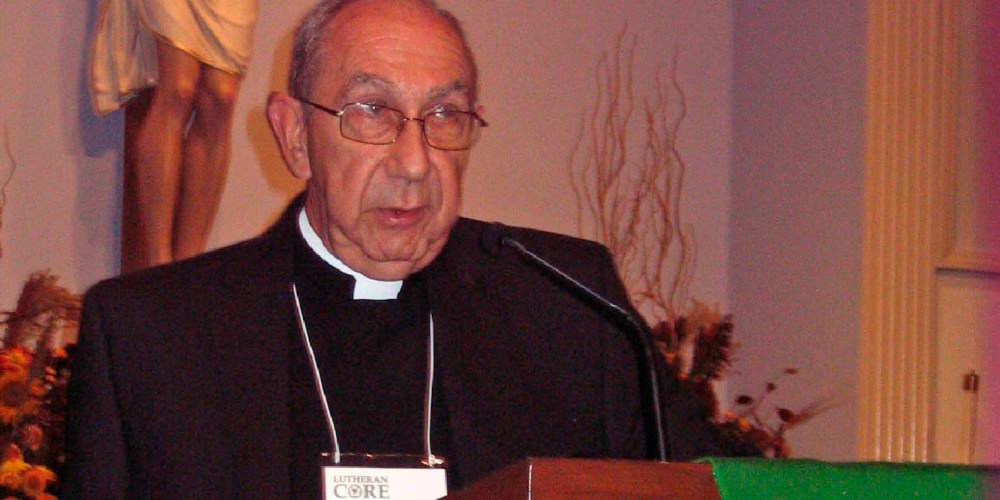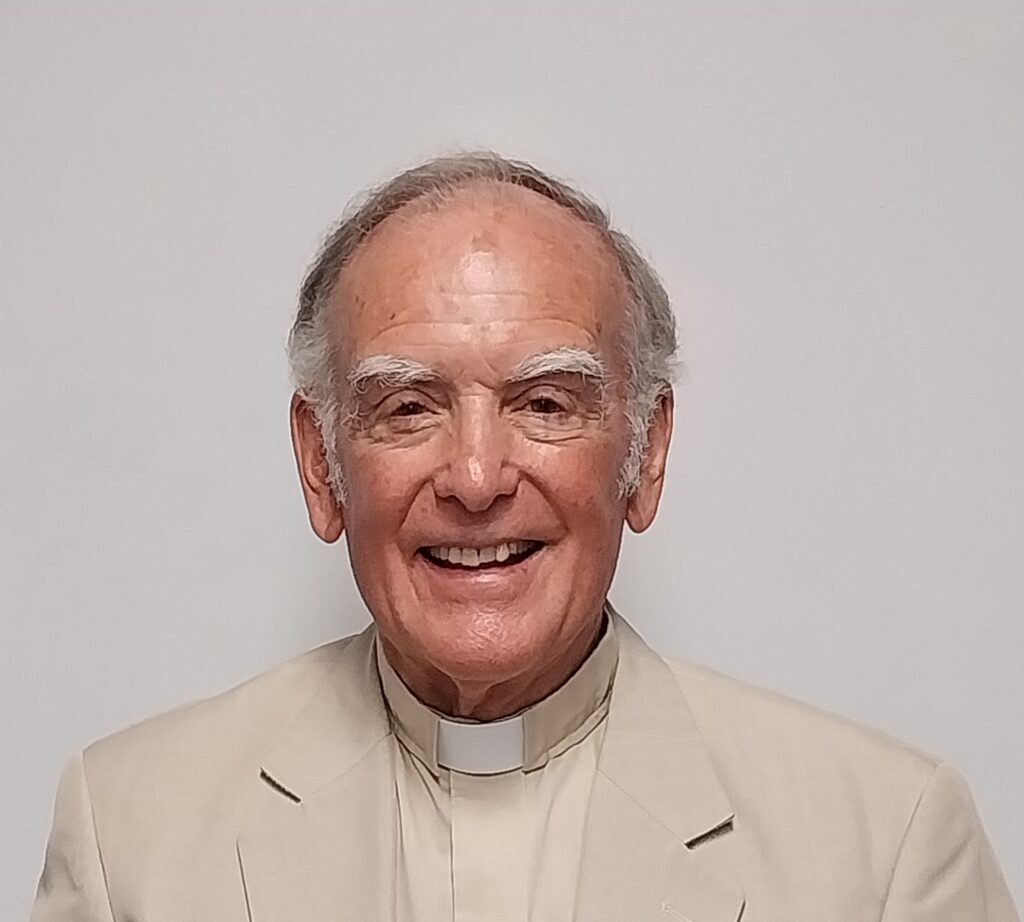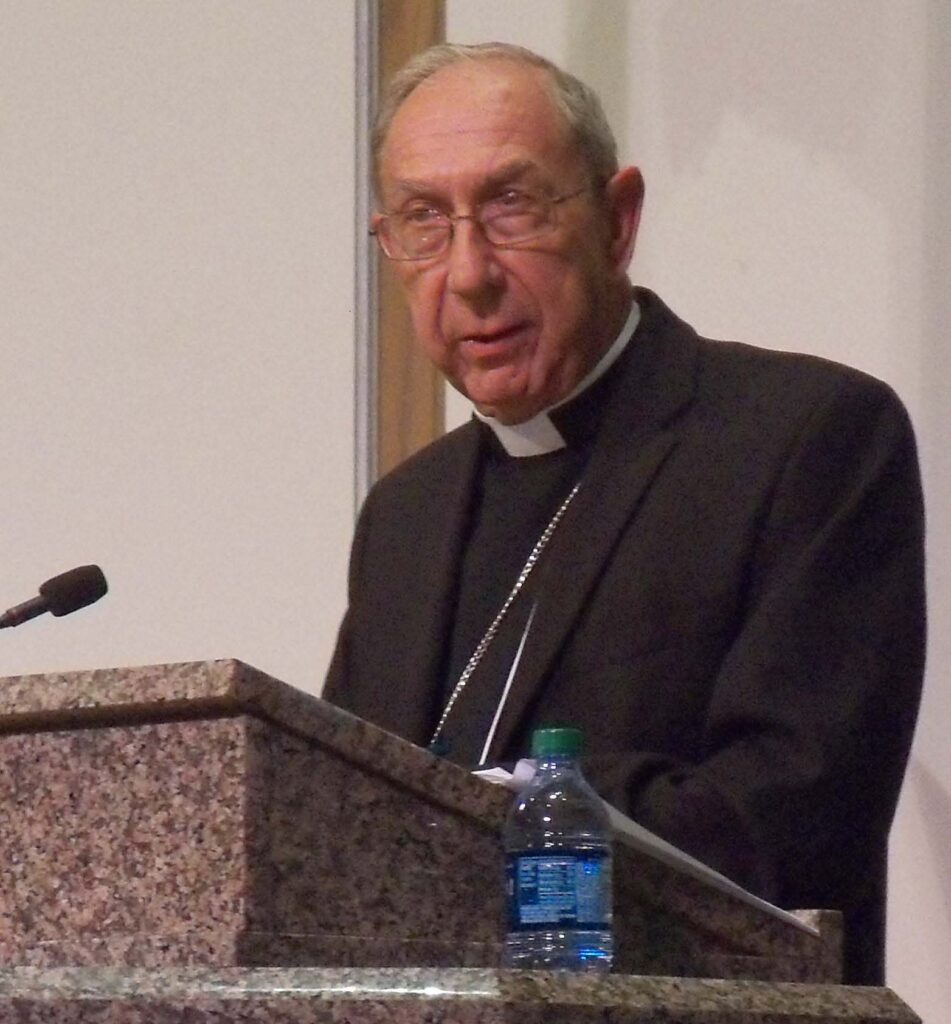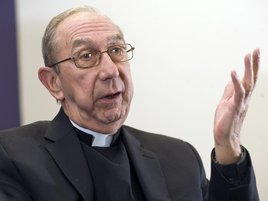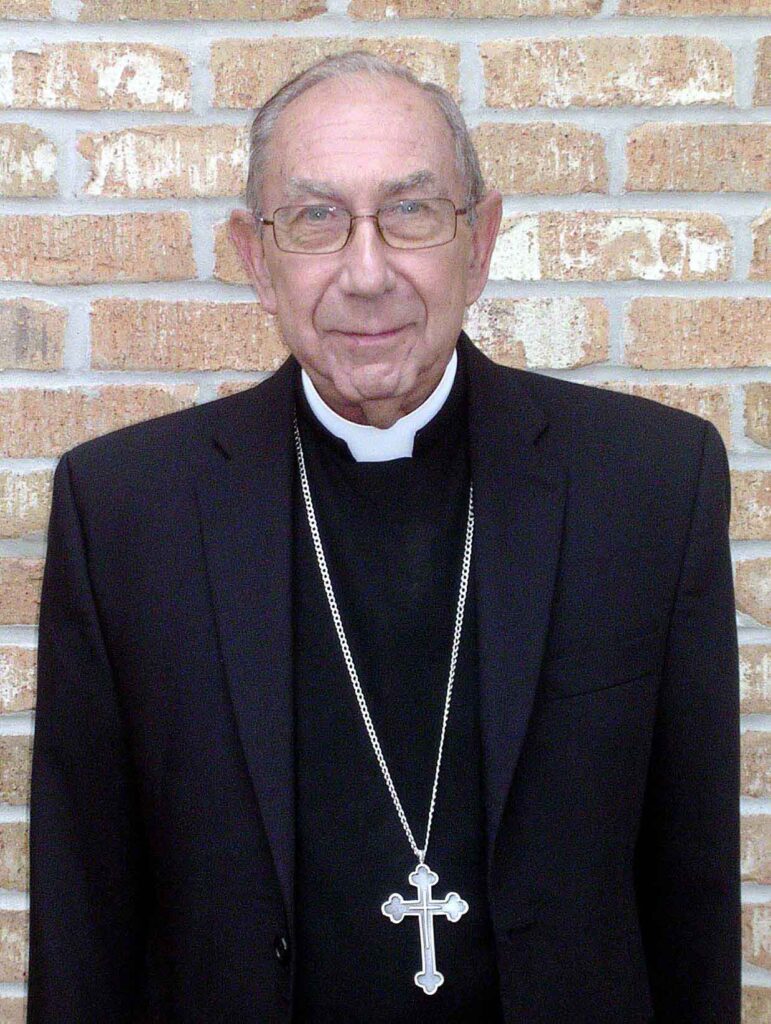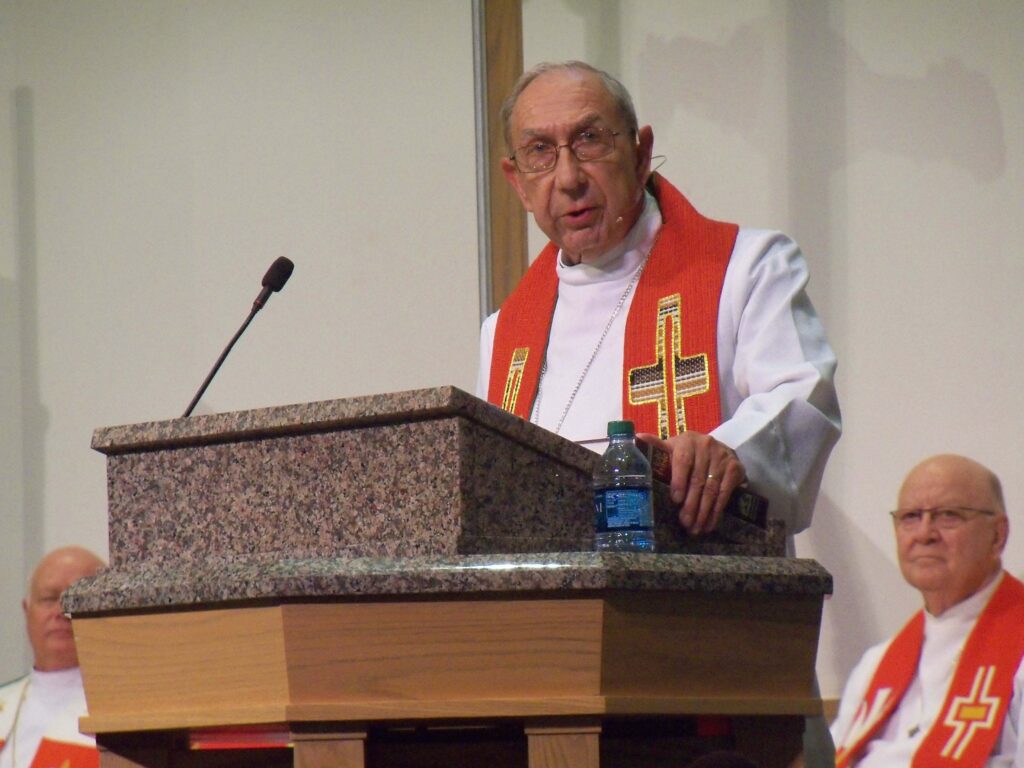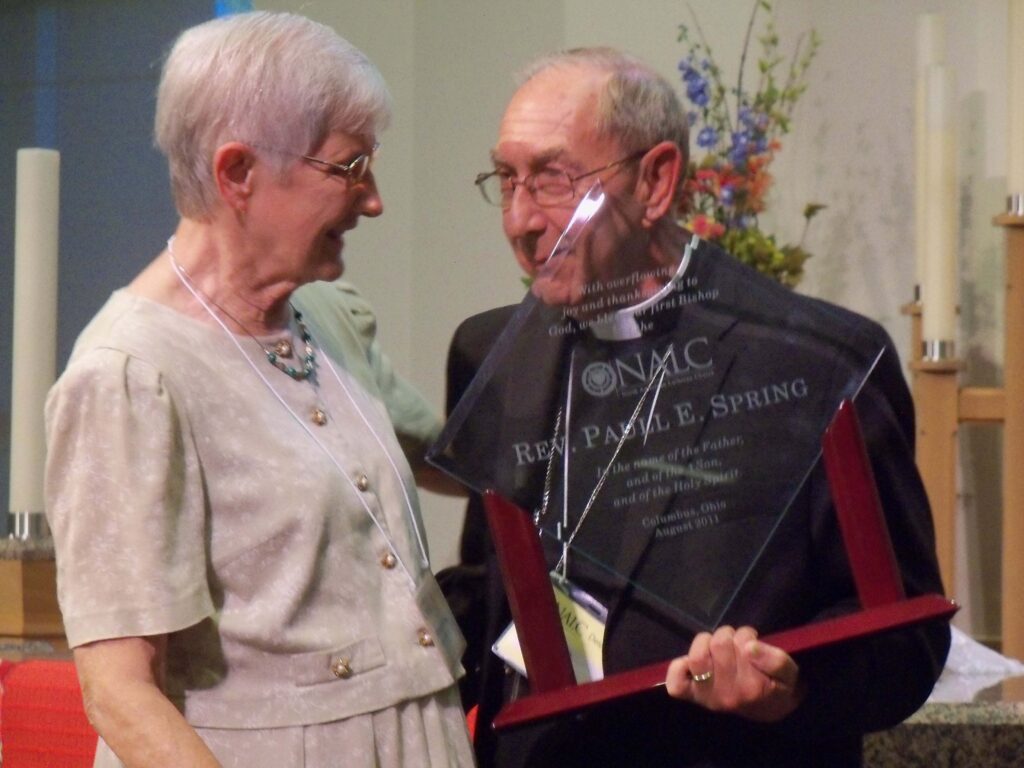Lutheran Theological Refutation of the ELCA Social Statement “Faith and Civic Life: Seeking the Well-being of All”

Editor’s note: The Social Statement as amended was approved by the 2025 ELCA Churchwide Assembly 762 to 16.
Rather than repeat Pastor Nelson’s comprehensive review of the 2025 ELCA Churchwide Assembly, I focus on the social statement “Faith and Civic Life: Seeking the Well-being of All” and its resolutions. This document represents a significant attempt to reshape Lutheran public witness within contemporary American civic engagement. As someone committed to the Augsburg Confession and the Book of Concord, I see this statement as indicative of the ELCA’s growing theological accommodation to secular ideologies, often undermining historic Lutheran doctrine, Christian liberty, and the two-kingdoms approach. Below, I offer a Lutheran theological rebuttal, addressing the document’s most serious theological issues and providing a confessionally-rooted correction.
Confusing the Two Kingdoms
At the heart of the ELCA’s statement is a blurring—often, a collapse—of the Lutheran distinction between the “right-hand” spiritual kingdom (regnum gratiae) and the “left-hand” civil kingdom (regnum politicum). The document’s language routinely invokes public service, advocacy, and “civic life” as vehicles for the realization of “shalom,” the biblical vision of justice, well-being, and wholeness. While Lutherans affirm that God works through both “kingdoms,” the Confessions strictly delimit their means and goals: the Church is constituted by the ministry of Word and Sacrament, calling sinners to repentance and faith; the State orders external affairs and restrains evil by the sword (Augsburg Confession XVI, XXVIII; Romans 13). By asserting that “God’s people are called to both engage in bringing about a better world and be vigilant in regard to any earthly arrangement,” the document opens the door to a confusing activism where the proclamation of the gospel is practically subordinated to the Church’s civil agenda. This is not God’s unique gift to the Church (Word and Sacrament), but a giving over of the Church’s authority to temporal ideologies and causes, however well-meaning.
Erosion of the Doctrine of Sin and Justification
Lutheran theology begins all social analysis with the acknowledgment that even the noblest human efforts—political, economic, or philanthropic—remain shot through with original sin (homo incurvatus in se). The ELCA document affirms a general brokenness but shifts quickly to systemic theories of oppression, power, and identity, echoing contemporary sociological frameworks more than biblical anthropology. Furthermore, its soteriology is social, not christological: the Church’s role is cast as “seeking justice and reconciliation,” with little mention of Law and Gospel or the unique necessity of Christ’s atoning work. The Augsburg Confession teaches that the Church alone possesses the means of grace for forgiveness and new life (Augsburg Confession V; Apology IV). In contrast, the ELCA’s focus risks distilling Lutheran teaching into general moral uplift and activism, undermining both the necessity of Christ for sinners and the Church’s saving mission.
Instrumentalization of Doctrine and Liturgy
Repeatedly, the proposed statement invokes baptismal vocation as a calling to “public advocacy” or “prophetic presence” for contemporary social causes (especially DEIA, as noted throughout the Assembly). While all Christians are called to serve their neighbor, confessional Lutherans insist this flows from justification by faith—never as a requirement or condition to secure justice in this age (Formula of Concord, SD VI). Instrumentalizing baptism and liturgy as tools for social transformation shifts their meaning from divine gift to human project. The document thus confuses the orders of creation and redemption, attempting to effect spiritual change through law-oriented means.
Undermining Christian Liberty and Congregational Autonomy
The social statement’s call to centrally program civic engagement, advocacy, and even curricular recommendations for all congregations and ministries reflects a form of ecclesial coercion foreign to Lutheran doctrine of Christian liberty (Galatians 5:1; Augsburg Confession XXVIII). The binding of conscience—especially by making DEIA or any other social framework mandatory within the Church—contradicts the very heart of the Lutheran confessional principle: “It is not necessary that human traditions, that is, rites or ceremonies, instituted by men, should be the same everywhere” (Augsburg Confession VII). The uniform imposition of such agendas threatens both the diversity and the spiritual freedom of congregations.
Conclusion
The proposed ELCA social statement on civic life is marked by theological accommodation, confusion of Law and Gospel, and a radical collapse of the Church’s spiritual calling into political activism. Lutheran theology calls for faithful two-kingdoms engagement, proclamation of Christ’s atoning work, and the preservation of Christian liberty—rejecting all attempts to transform the Church into an agent of political or social revolution. The world, not the Church, is the field for partisan experiment; the Church must remain free to preach Christ crucified for sinners, for “to him alone belongs the glory” (SD II, Luther’s Small Catechism).

